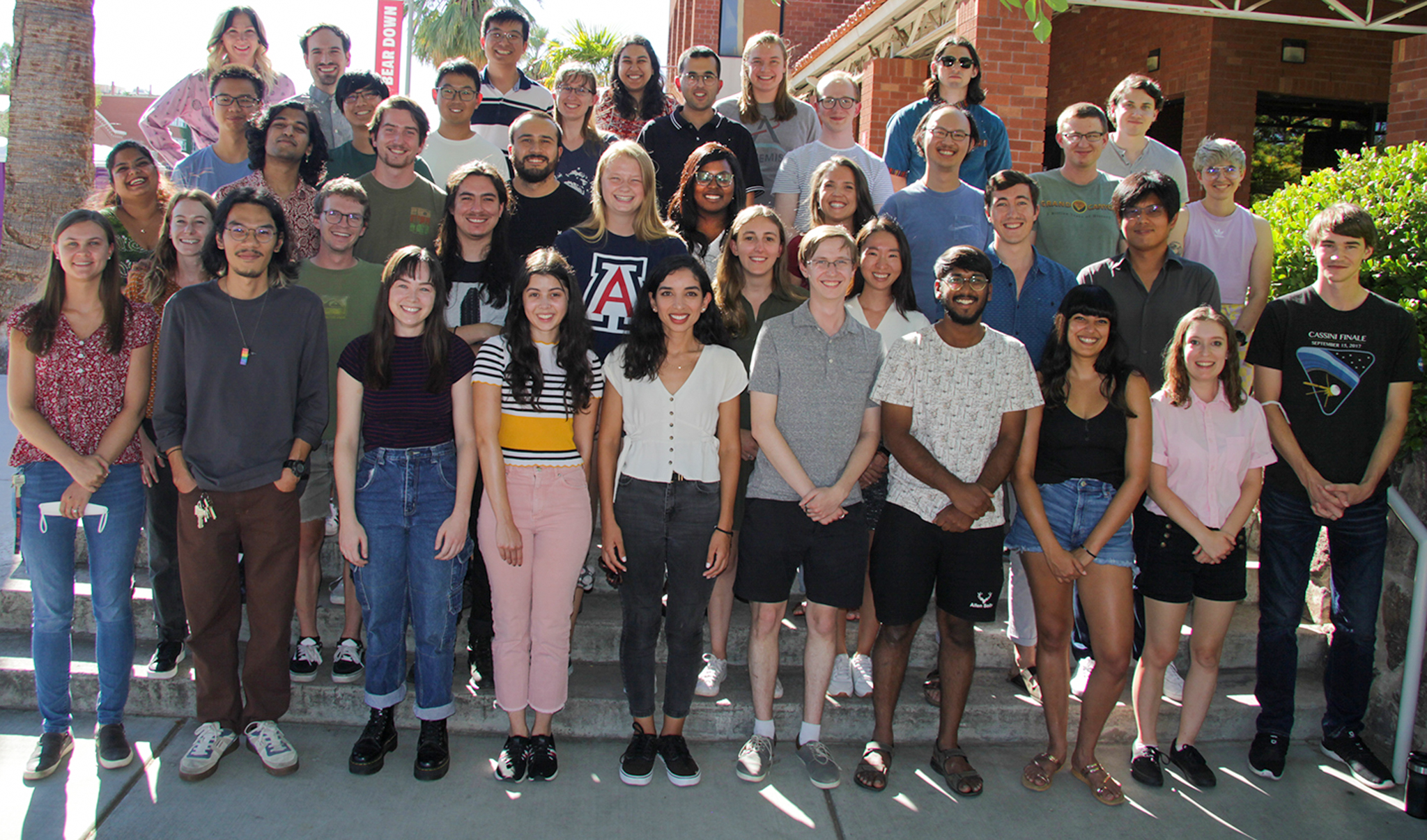Pause Video
Play Video
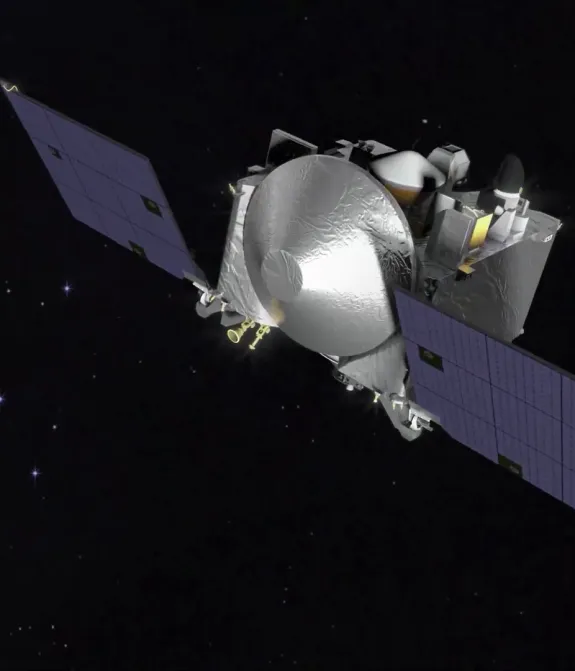
Explore Planetary and
Solar Systems Science at LPL
Welcome to the Lunar and Planetary Laboratory
LPL in the Spotlight
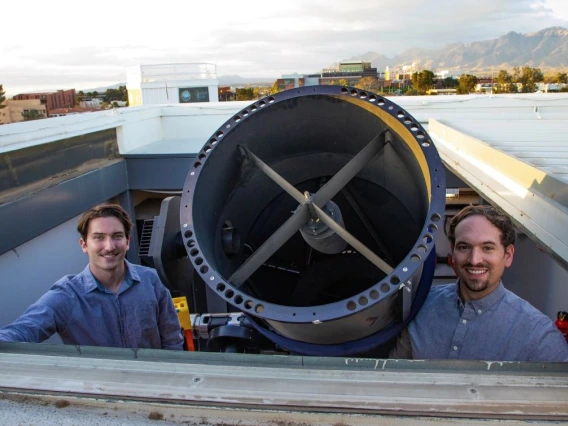
New 'Spectral Fingerprint' Atlas of Satellites Aims to Improve Space Security
LPL researchers have created the first astronomical equivalent of a fingerprint database for satellites, a critical first step toward easily identifying human-made objects in the increasingly crowded geostationary orbit.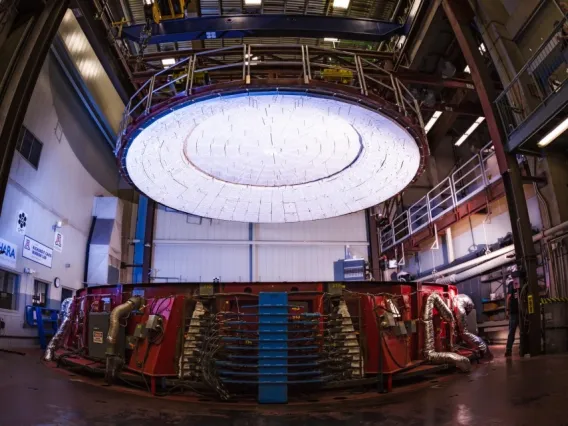
Space Sciences, Water Resources, Geosciences Excel in Latest US News Global Ranking
The University of Arizona earned its best scores in the space science category, placing No. 8 overall, No. 6 in the U.S. and No. 2 among public universities.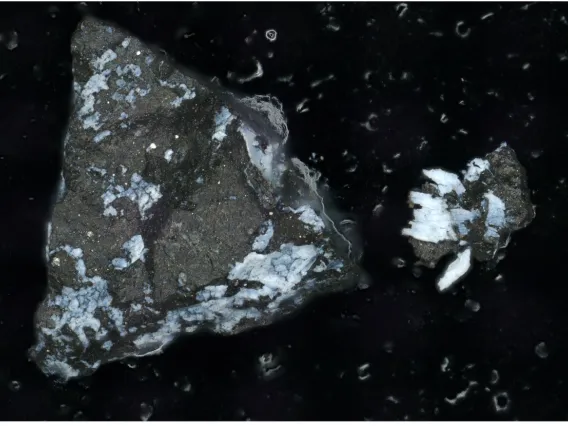
Bennu Holds the Solar System's 'Original Ingredients,' Might have Been Part of a Wet World
OSIRIS-REx sample scientists took a deep dive into the rocks and dust returned from asteroid Bennu. They found that the sample is rich in carbon, nitrogen and organic compounds - essential components for life as we know it.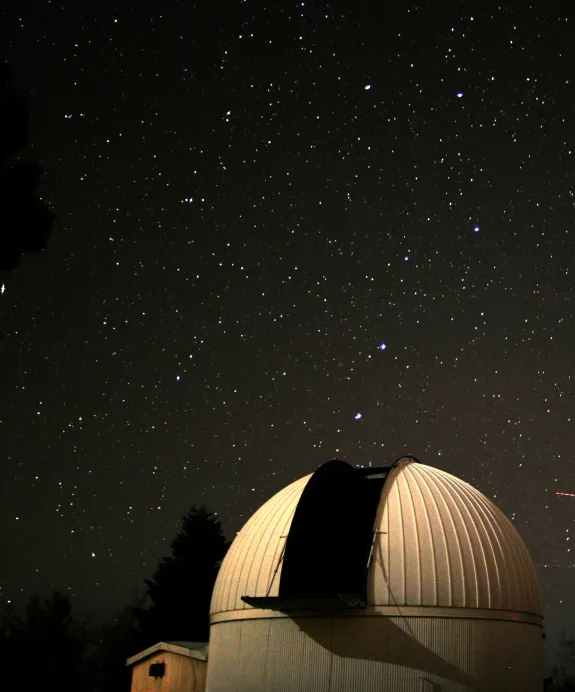
Research Focus Areas
Pursuing interdisciplinary research spanning the breadth and depth of planetary science.
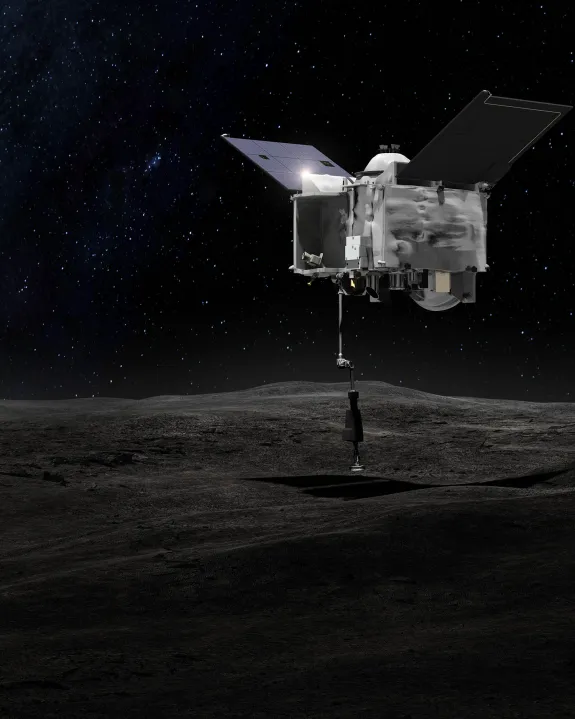
Spacecraft Missions and Instrumentation
Exploring the Universe as investigators on spacecraft mission and instrumentation teams.
Discover Planetary Sciences
Earn a Ph.D. with a major in Planetary Sciences.
Graduate Program
The Department of Planetary Sciences offers multidisciplinary programs leading to the Doctor of Philosophy degree with a major in planetary sciences.
Undergraduate Program
The Department of Planetary Sciences offers an undergraduate minor in Planetary Sciences.
Astrobiology Minor
Astrobiology is an interdisciplinary field that combines astronomy, geology, biology and chemistry.
Public Education and Outreach
Faculty, staff, and students engage with diverse communities.

Arizona/NASA Space Grant
Arizona/NASA Space Grant Consortium, headquartered at LPL, contributes to the nation's science enterprise by implementing research, education and public service
HiRISE
We have a simple philosophy: HiRISE is “the people’s camera” because we believe that knowledge about Mars belongs to everyone.


